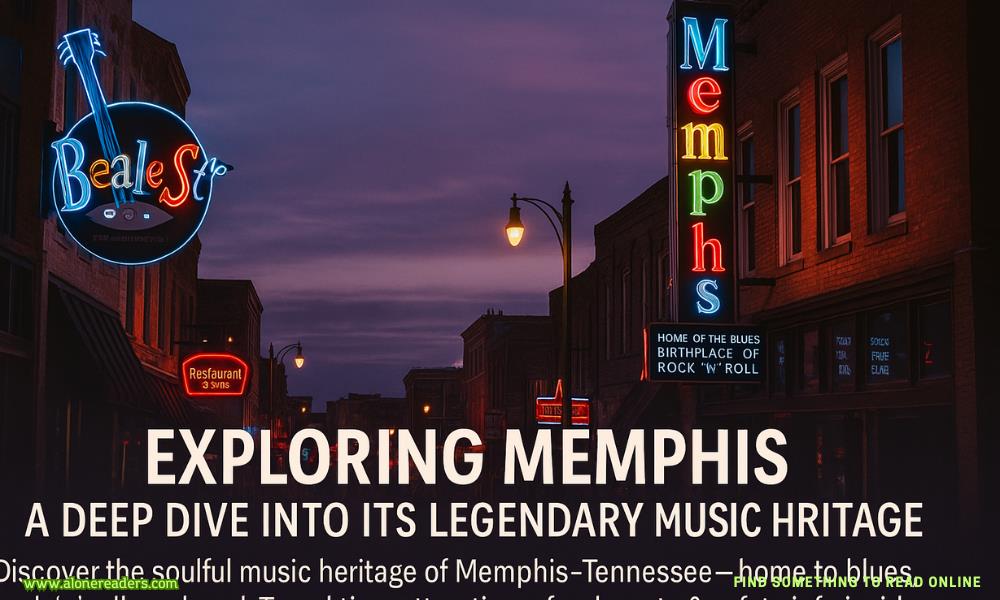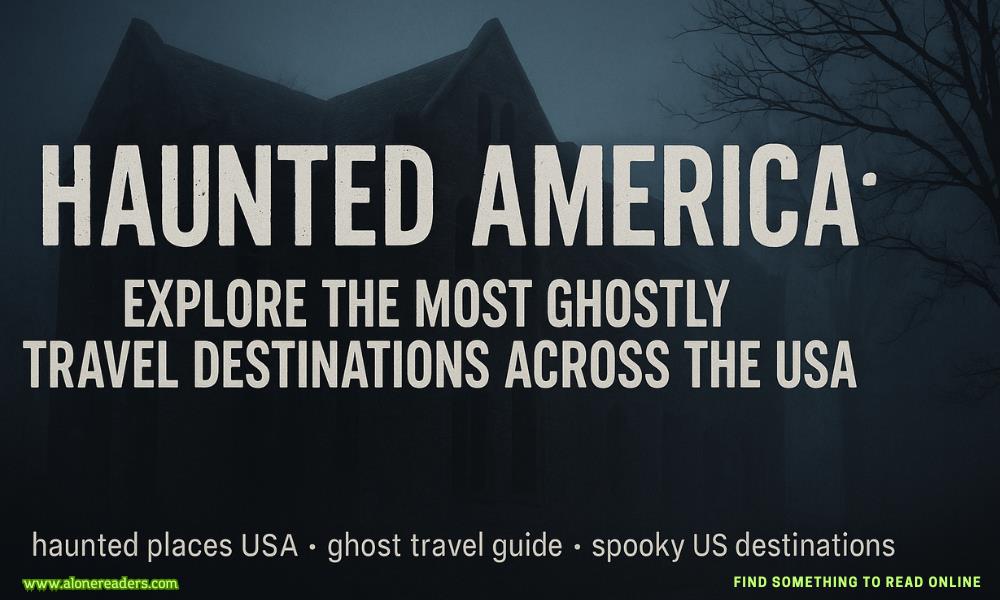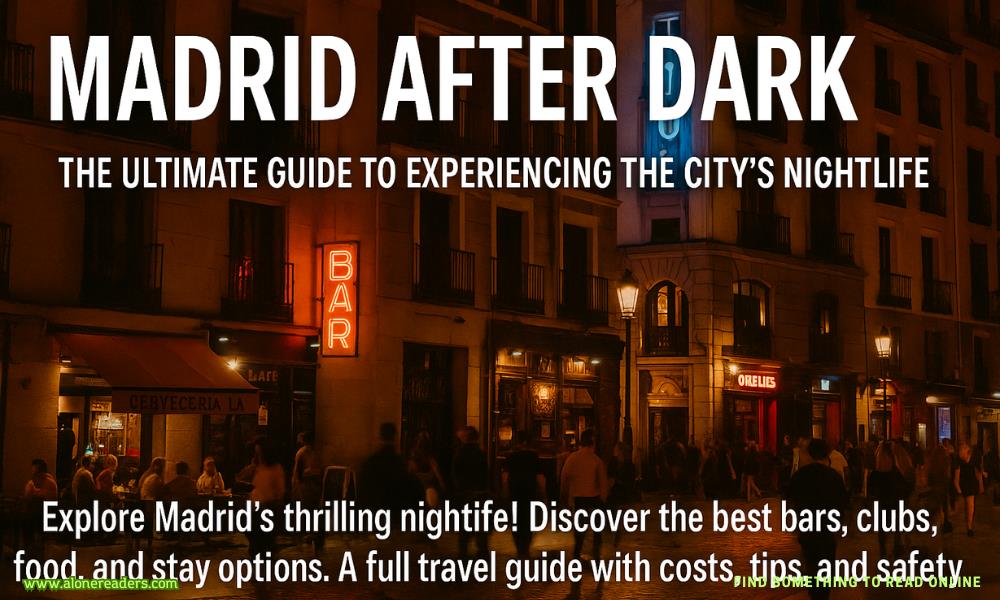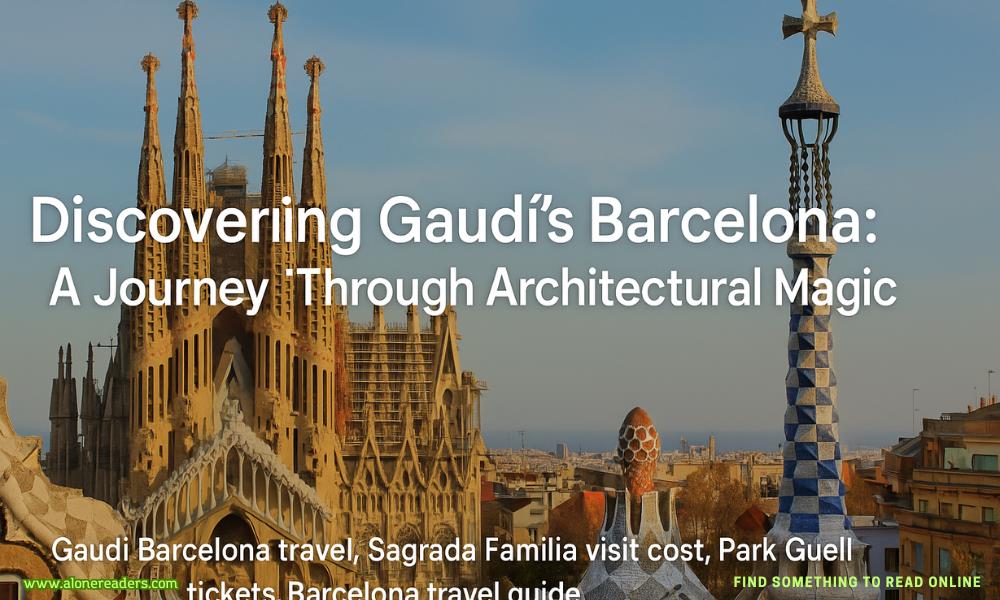Page 26 of Six Wild Crowns
“Master Wyatt, it is good to meet you at last,” Boleyn replies. “I hear very bad reports of you.”
He keeps his head bowed, but she can see the corner of a smile. He knows how this game is going to go. He has humiliated himself, but now it is her turn to humiliate him. It is the only way that she can be seen to accept him into her household after what he said to her.
“I admit them all,” he replies. “I am a poor excuse for a man. I cannot wield a sword. I have no money because I am a gambler. I frequently say the wrong thing when I am nervous. I grow very nervous around women of wit and power.”
“What is the use of you then?” Boleyn says.
“A question my father asks often. Words are my business, my first and last love, my life’s labour. They are my weapons and my prey. They are my lover, my mistress, my muse and my wife. I read the way most men eat: because I have to, because without words I will fade away.”
“A fine speech, Master Wyatt. How shall we test it?”
“I can spin a gossamer poem the way a spider spins its web, my queen.”
Boleyn never could resist a poem. It was an integral part of Henry’s courtship. She made him propose to her with a poem before she said yes. She selects another chestnut.
“A poem, then. A new one, just for me. You have until I have finished this bowl.”
She steps away, letting Wyatt stand. He eyes the few uneaten chestnuts, then turns to examine the room, the view of the tempestuous sea through the windows. And then, ignoring the way the other courtiers and her family are watching him expectantly, he turns his gaze on her. Boleyn continues to make her way through the chestnuts, standing proudly before him as though posing for a portrait. She allows him to take in every part of her resplendent gown, the way her left hand, adorned with its poesy ring, continually returns to rest on her stomach, the challenge of her gaze. Thechamber is almost silent, the only sounds the rustle of velvet and flame, and the crystal noise of the lantern dragons’ claws as they wind around their cages.
Boleyn holds up her final chestnut. Wyatt’s time is up. Slowly, reverently, he begins to speak.
Whoever wishes his wealth and ease retain,
Himself let him unknown contain.
Press not too fast in at that gate
Where the return stands by disdain,
For sure, thunder circles the throne.
The high mountains are blasted oft
When the low valley is mild and soft.
Fortune with Health stands at debate.
The fall is grievous from aloft.
And sure, thunder circles the throne.
Boleyn realises that she is clutching the silver stag symbol on her belt. Its antlers dig painfully into her palms.
“Very clever, Master Wyatt,” she says. “Thunder for my storm clouds. You can’t help but leave a sting in your words, can you?”
“I only sting those who can sting back.”
George lets out an involuntary giggle, partly at the tension, partly at the bawdy reference.
“My sting is far, far worse than yours.”
“I don’t doubt it.”
She shouldn’t forgive him. His poem was still disrespectful. She can tell that he’s going to cause her trouble. And yet… he has charm, and he’s shown himself to be clever and nimble, and his poetry moves her in a way little does these days. And maybe there’s part of her that wants to prove to him that she can weather a joke, even though she cannot see how calling someone a whore is amusing.
“I have one more test for you.”
She produces Bishop More’s book. The crowd surrounding themmoves away, less interested in a translation of the history of Cernunnos and Elben’s queens; a history they all know by heart. The musicians strike up again. A few couples take to the floor, but their movement is desultory. They’ve been robbed of the fun of watching their queen decimate an upstart.
- The Prince's Secret Twins by Elizabeth Lennox
- Tangled Desires by Tory Baker
- At the Edge of Surrender by A.L. Jackson
- A Touch of Fate by Cora Reilly
- Untouchable Love by Lucy Darling
- After Hours by Caitlin Crews
- Shelter from the Storm by Mari Carr
- Someone Knows by Vi Keeland
- Hawk by Fiona Davenport
- The Silencer by Brooke Summers
- The Beat of her Heart by Emily Hayes
- The Neighbor's Son by K. Webster
- Vasily the Hammer by C.B. Alice
- Convenient Vows by D.C. Beks
- Wrapped in Silver by Sara Vice
- Ruined By Capture by Sherry Blake







